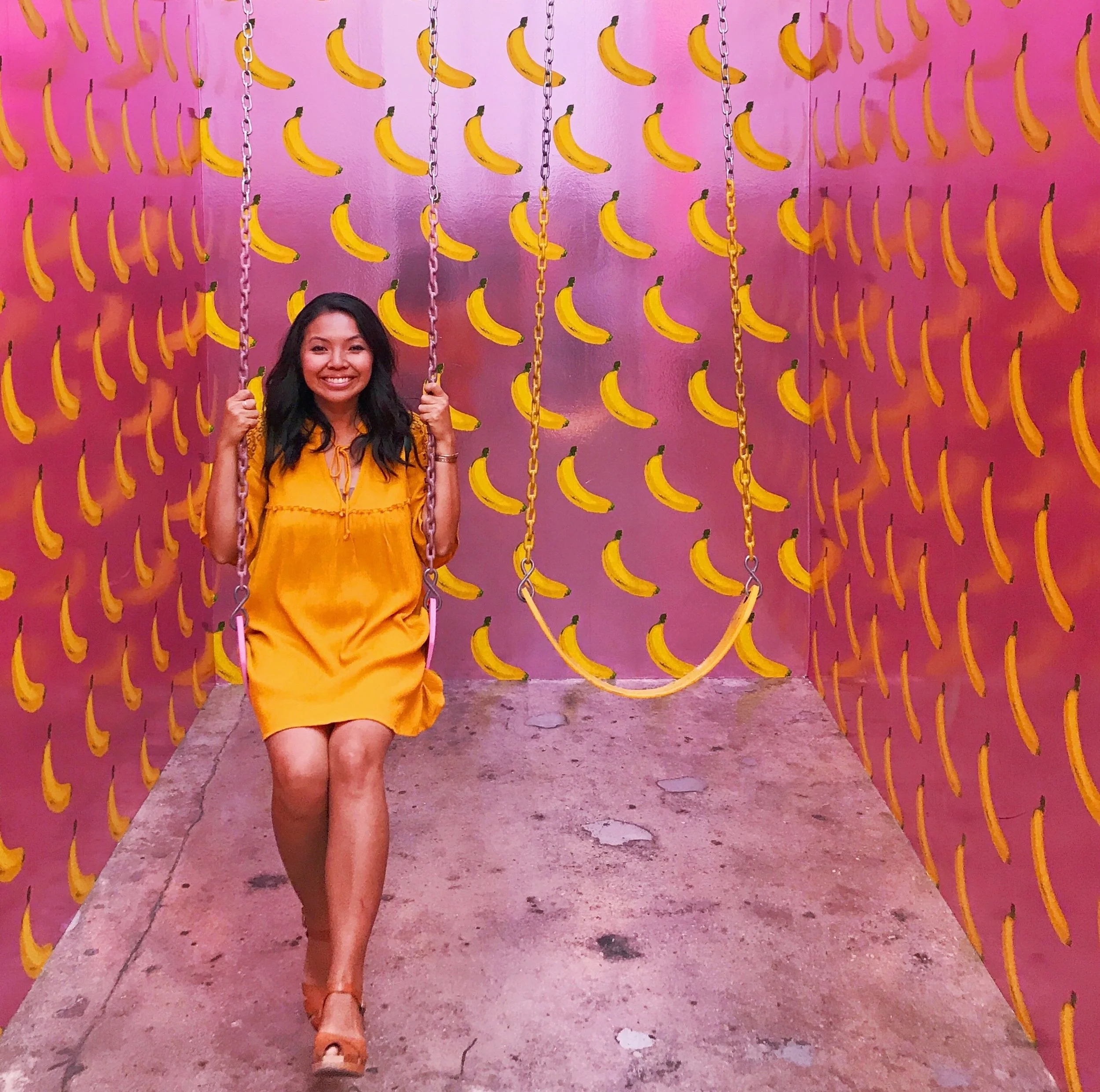As product-based business owners and entrepreneurs, so many of us are under constant pressure to juggle the design and operations sides of our businesses. It can be hard to focus on both moving product and creating the designs for that product, especially when we’re juggling online, wholesale and licensing accounts. Turns out, you don’t always have to do it all. Today’s Proof to Product guest, Erin McManness, is a Paper Camp alumni who’s lived every side of the business and decided to stick to the parts that are most fulfilling for her. I’m excited for you to hear her story.
Erin is an illustrator working in Atlanta, Georgia. She's been freelancing full time for five years under her brand Paper Raven Co., which started as a small greeting card line and now includes licensing for an assortment of cards, gifts, fabrics, and home décor. Erin incorporates her values and love for the environment in her work by printing all of her cards on 100% recycled paper in the United States. She also donates $1 from every sale to her reforestation partner, One Tree Planted. Over the course of her career, Erin has collaborated on projects with companies like Macy's, Target, Trader Joe's, Publix, and Aldi. In October, she's releasing her second book, The Art Starts In The Heart: An Inspirational Guide To Making Meaningful Art.
On Episode 125, Erin and I sit down to cover all of the above. We talk about how Erin has built the licensing arm of her business, the pros, and cons of flat rate and royalty payments and why she's made the decision to ramp up her licensing arm and slow down on the wholesale side. We also talk about Erin's new book, so enjoy!
Read More

















